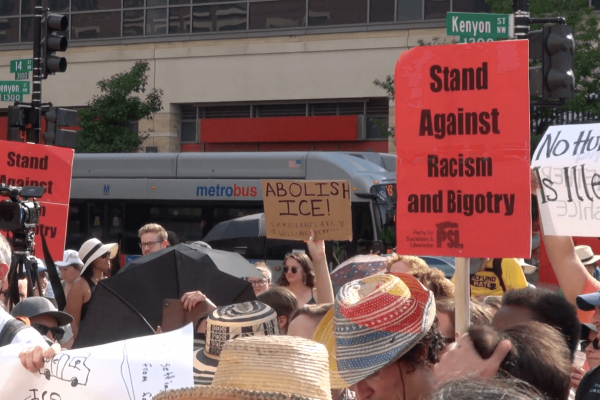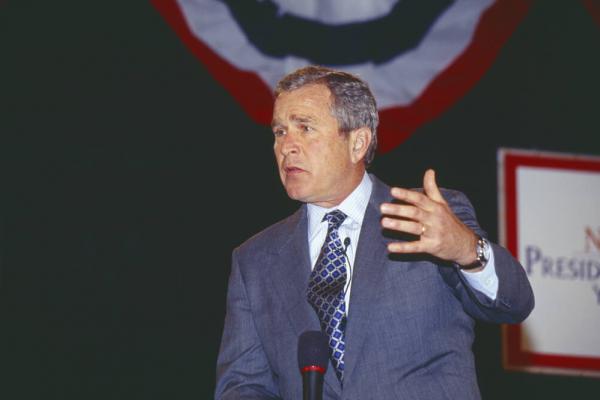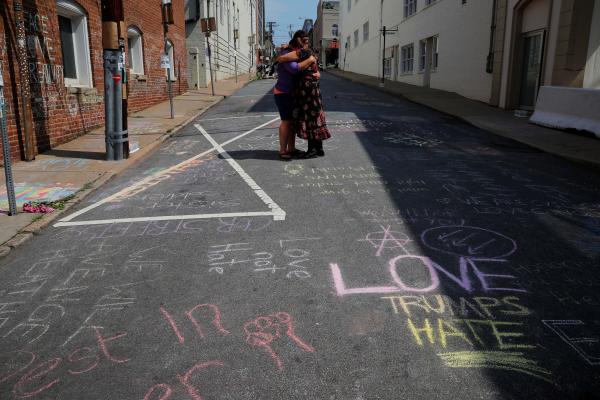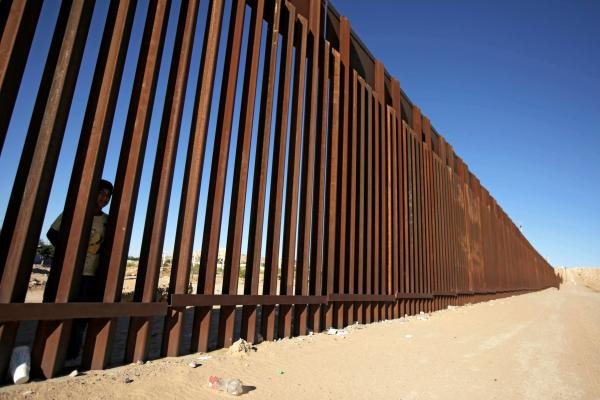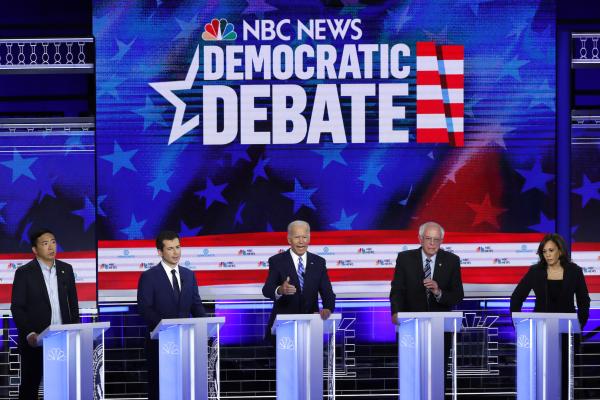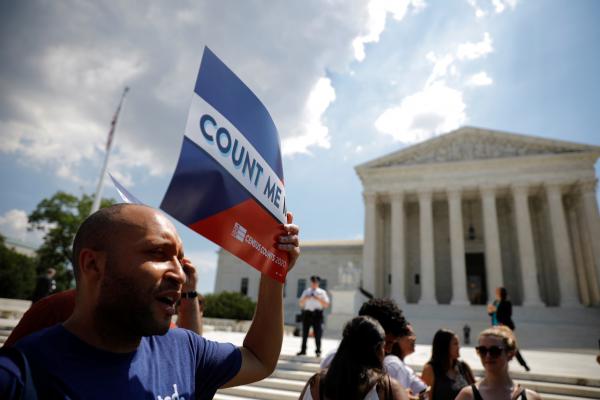Because of this immense history, power, and influence despite generations of ill treatment and racism, black churches need to thrive, continuing to speak truth to power and serve black communities beyond the sanctuary.
“ICE is coming into our communities and tearing apart families and tearing apart our community on a regular basis, and they did so just again last week,” Sanctuary DMV organizer Ben Beachy said. “We need our D.C. elected officials to make D.C. a real sanctuary city, which means severing all ties with ICE.”
As a white, suburban evangelical in the early 2000s, I grew up going on short-term mission trips every summer and participating in charitable missions during the school year. When I think back on it, I now see that these trips and the kinds of charity they encouraged began to fall out of favor around the mid 2000s, around the time that the grants from Bush’s faith-based office would have kicked in. Books like When Helping Hurts by Steve Corbett and Brian Fikkert, and Toxic Charity and its follow-up Charity Detox by Robert Lupton, exemplify the way that Christians on both the right and left would come to absorb the ideological imperatives of welfare reform.
Christ, you taught us to give water
And to help the ones who thirst.
Yet in places near the border,
We confess we’ve done our worst.
Those who walk must now walk farther.
We have made their journey harder;
We dump water in the dirt.
I watched both of the Democratic presidential debates over the last two nights, waiting to see if anything related to the invisibility of Indigenous peoples would somehow make its way into the conversation. I didn’t expect it to, of course; in a nation that does not even begin its events with a land acknowledgement (like Canada, Australia, and other nations do), why would we expect that the experiences of the original peoples of this land would come into a debate when each candidate only has a limited time to respond?
Checking in on the Boomers, Hong Kong protests, census politicization, an ESPY-nominated Catholic sister, and more in the Weekly Wrap.
The right to be counted is at the foundation of our faith and our democracy. In Matthew 18:12–14) and Luke (Luke 15:3–7) Jesus tells the iconic parable about the lost sheep. A man, who owns 100 sheep, goes to great lengths to find one missing sheep out of the 100 and when he finally recovers the lost sheep, he is happier about the one sheep that is found than the 99 who are safe. The parable speaks volumes about the degree to which God shows a particular concern and attention around anyone who is lost or falls in harm way. In a similar vein, we should be alarmed and equally committed when one person is miscounted or disregarded in our society. Our democracy loses its integrity and legitimacy when people and communities are made invisible and further marginalized by undercounting in the census.
The ruling, authored by Chief justice John Roberts, delivered a huge setback to election reformers who had hoped the court would intervene over a growing trend in which parties that control state legislatures use the electoral district line-drawing process to cement their grip on power and dilute the voting power of people who support the rival party.
On June 16, the song Sing Hallelujah to the Lord became a popular anthem of the Hong Kong protests against the extradition to China bill. The bill, it is widely believed, would provide the Chinese mainland unchecked power in detaining political dissidents in Hong Kong. This represents yet another flexing of China’s authoritarian rule over the people within its reach, and what some see as a breakdown in the “one-country, two systems” method of governance that has placed Hong Kong at an arms length of Beijing since it was handed over by the British in 1997. The annual July 1 pro-democracy demonstrations in Hong Kong are expected to see a massive turnout.

